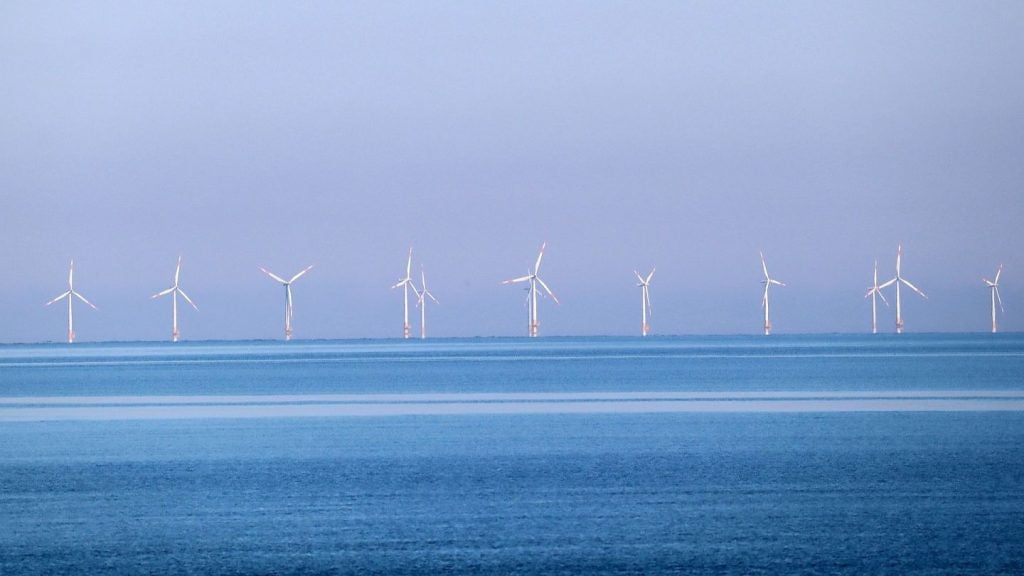The UK Government on Tuesday announced plans to increase the maximum price for offshore wind projects by 66% for its next renewables auction round, due to be held in March next year.
The government has also raised the maximum price other renewables projects can receive at the next contracts for difference (CfD) auction.
The announcement follows poor results from the last renewables auction, held in September this year, in which offshore wind projects won no bids in what was considered at the time a significant blow to UK Prime Minister Rishi Sunak’s net-zero plans.
Currently, the UK has a target to increase offshore wind capacity to 50GW by 2030, including up to 5GW of floating offshore wind, a big jump from the country’s current capacity, which stands at approximately 14GW.
The CfD scheme ensures renewable energy projects receive a guaranteed price from the government for the electricity they generate. The aim is to encourage investment in the UK renewables industry amid dwindling interest from clean energy developers across various sectors.
The maximum strike price for the next auction has been increased by 66% for offshore wind projects, from £44 per megawatt-hour (/MWh) to £73/MWh, and by 52% for floating offshore wind projects, from £116/MWh to £176/MWh.
Energy Security Secretary Claire Coutinho said in a press statement: “We recognise that there have been global challenges in this sector and our new annual auction allows us to reflect this… This is a vital part of our plan to have enough homegrown clean energy, bringing bills down for families and strengthening our energy independence.”
The government will also increase maximum bid prices for other renewable technologies in an attempt to offer greater security to developers. Geothermal projects will see a price boost of 32%, from £119/MWh to £157/MWh, solar power will increase by 30%, from £47/MWh to £61/MWh, and tidal by 29%, from £202/MWh to £261/MWh.
Renewable energy trade association RenewableUK’s chief executive, Dan McGrail, said: “Ensuring that the UK continues to unlock investment in renewables is critical to improve Britain’s energy security… Although renewables haven’t been immune from the recent rises in financing and supply chain costs, which all major infrastructure projects have faced, they remain the lowest-cost means of generating new electricity.”









